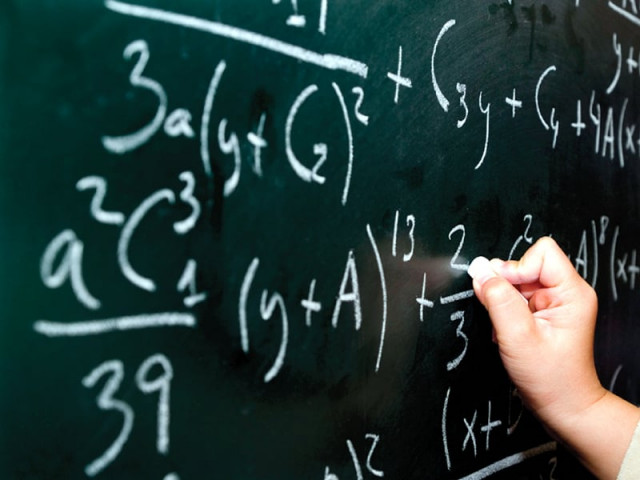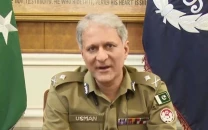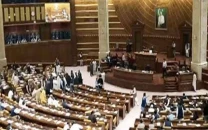Education for all: Education Commission hands over draft law
‘Federal government must play financial role in implementing Article 25-A’.

The Punjab Education Commission has delivered a draft law to the provincial government for the implementation of Article 25-A, which makes free and compulsory education a right for all children aged 5 to 16.
Discussing the draft law at a consultation organised by the Idara-e-Taleem-O-Aagahi (ITA) here on Tuesday, and later with The Express Tribune, Commission Chairman Justice (retired) Khalilur Rahman Khan said that the final draft had been handed over to the government on November 21. “Our job is done now. It is up to the government and the civil society to take it forward from here,” said Justice (r) Khan.
Though education was made a provincial responsibility under the 18th Amendment to the Constitution, Justice (r) Khan said that the provincial governments simply did not have enough money to provide the facilities needed to educate all children.
He said that there were currently 9.54 million out-of-school children in the Punjab. In order to provide the required classrooms and to take the steps needed to ensure all these children are brought to school and taught, the Punjab needs almost Rs132 billion. The Punjab government currently has a budget of Rs4 billion for this, he said. “The federal government has to be involved,” he said.
Justice (r) Khan said that Article 25-A put the responsibility for providing free education to children aged five to 16 on “the state, which means any authority empowered by law to impose a tax. This not only refers to the provincial government, but also the federal government,” he said.
He added that the commission had posed the query of how the federal and provincial authorities would coordinate in terms of finance and otherwise to Senator Raza Rabbani, the chair of the parliamentary committee that drew up the 18th Amendment.
He said that the commission had suggested that the government make all the legislation required within three years, and then ensure that all children aged five to 16 are in schools within five years. “Financial issues, drop-outs and creating effective liaisons between the federal and provincial governments will be the biggest challenges ahead,” he said.
Learning assessment
The draft law includes elucidation of standards for education and mandates assessment of student learning, said the commission chairman. “We have defined specific terms and standards which will ensure the provision of not just education, but quality education,” he said. “Our focus is on gauging what has been learnt, not what has been taught.”
He said government and private schools which failed to meet standards would have their licences cancelled by the Schools Education Department. The assessments would also help to raise the standard of teaching.
The draft law also proposes awards for teachers and schools who perform well and the formation of district level school management committees which would assist in assessing standards. The National Database and Registration Authority (NADRA) would be required to ensure that it does regular updates of births and deaths, to make sure that the relevant authorities have accurate information in order to identify and locate out-of-school children.
“Our draft is more comprehensive and better than the one put forward for the right to free education in the Islamabad Capital Territory, which is a copy of the one which has been enacted in India,” he said.
Consultations
Justice (r) Khan said that the commission had consulted all stakeholders including various government departments – Planning and Development, Finance, Law, Higher Education and Schools Education – non-government organisations, and international agencies like the World Bank and the UK Department for International Development.
Representatives from missionary schools and madrassas were also consulted, he said.
More than two million students study in over 13,000 madrassas in Pakistan, while some 700,000 study under 36,500 teachers in 4,600 madrassas in the Punjab, he said.
He said that the Wafaqul Madaris had expressed willingness to introduce science, mathematics and Pakistan studies courses in their member schools. “If this is implemented by the madrassas, we suggested that their degrees would be acceptable for pursuing higher education,” he said.
He said various political parties had been asked to participate in the consultation process, but some representatives had not done so, including Raja Riaz of the Pakistan Peoples Party and Shafqat Mehmood of the Pakistan Tehreek-i-Insaf. The latter told the commission that the party was making its own education policy. Chaudhry Zaheeruddin of the PML-Q had responded to the commission’s invitations, he said.
Published in The Express Tribune, November 28th, 2012.


















COMMENTS
Comments are moderated and generally will be posted if they are on-topic and not abusive.
For more information, please see our Comments FAQ